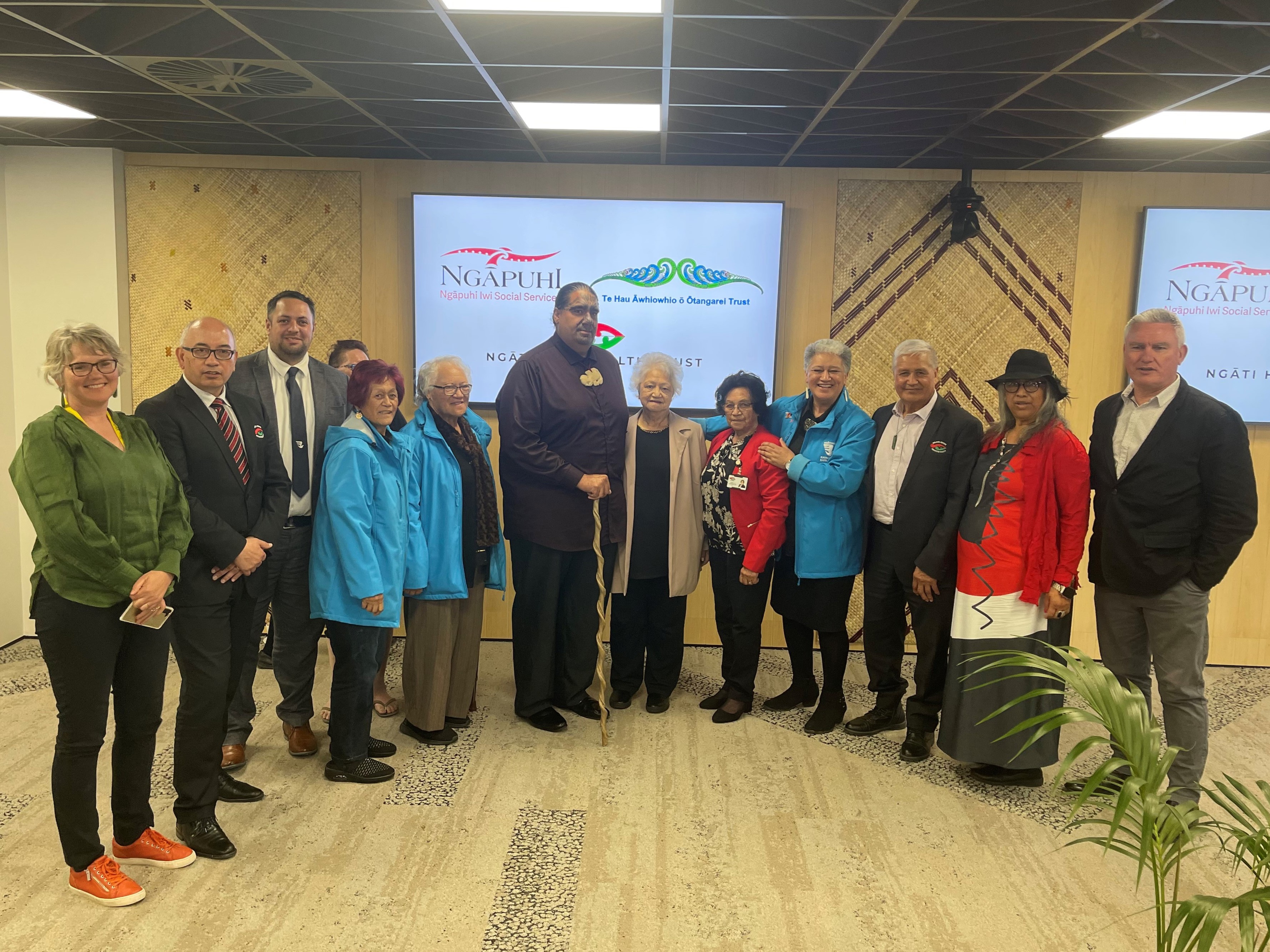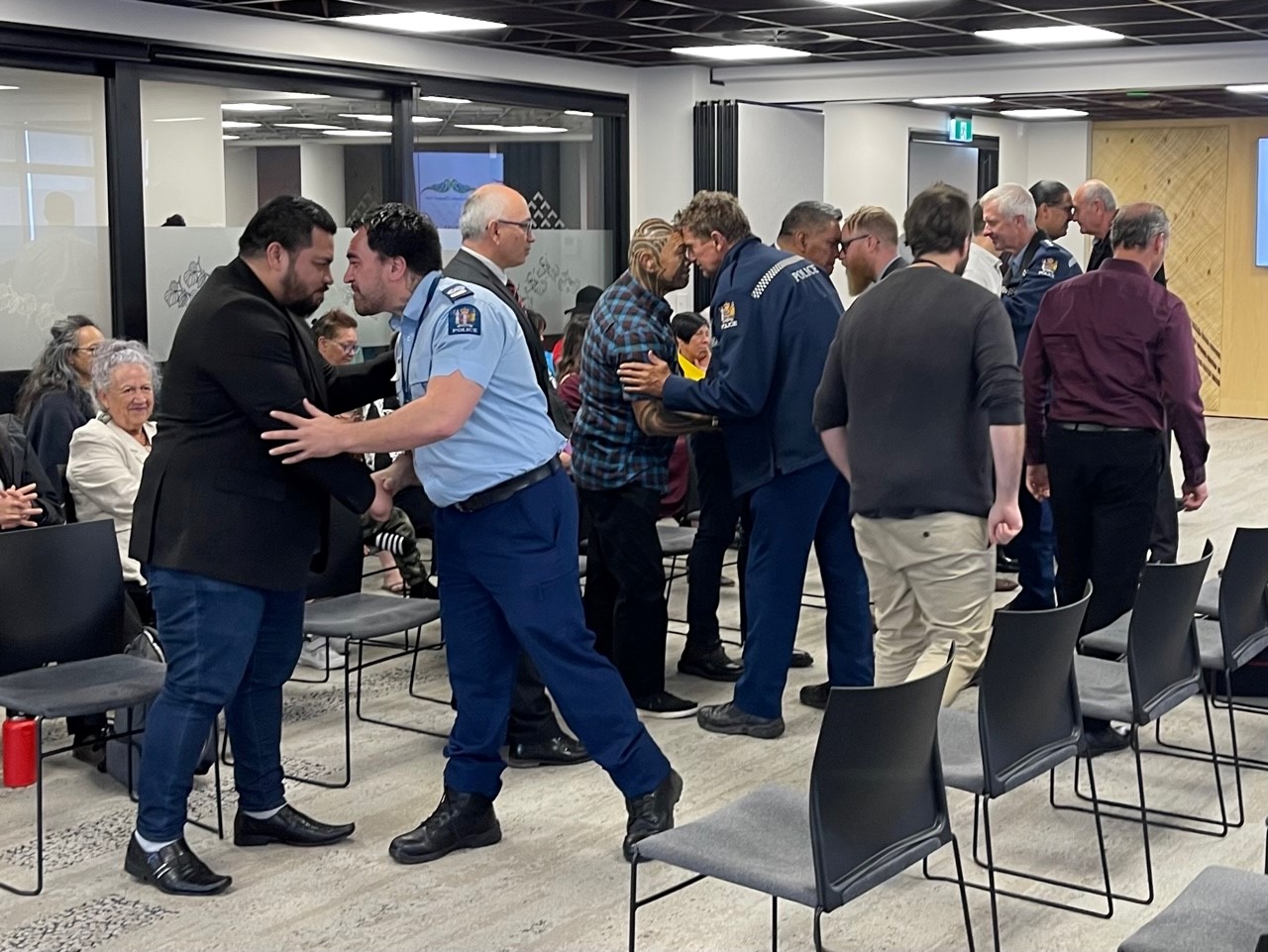Developed by Oranga Tamariki and NZ Police in response to serious incidents of persistent offending by young people between the ages of 10 and 13 years old, the expansion of Fast Track means more children who have offended – along with their whānau – will receive additional support to keep them out of the youth justice system.
Driving an urgent, community-led response
Under the Fast Track protocol, when a child offends, Police must contact Oranga Tamariki to refer the young person within 24 hours, and within 48 hours there must an initial plan developed by agencies and community organisations, and a wraparound support in place.
Initially launched in south Auckland late last year, Fast Track was developed to activate a community-led response to serious and persistent offending. It has since been expanded to Hamilton and Christchurch, as well as central and west Tāmaki Makaurau.
Fast Track works across government, iwi and community organisations to provide immediate and intensive support for children and families following a child’s apprehension, as well as referrals to community organisations.
Previous experience with Fast Track at other locations has shown that a one size fits all approach doesn’t work. Oranga Tamariki is committed to working with mana whenua and our partners to ensure Fast Track is tailored to meet the needs of their community, and they were consulted throughout the establishment of Fast Track in Whangārei and Rotorua.
Fast Track successful in stopping reoffending
In regions the programme is already operating, Fast Track is effective and working. There have been more than 250 tamariki who have been through the Fast Track programmes, and 80% have not gone on to reoffend.
Fast Track is successful in helping children re-engage with education and their communities. It has also driven greater collaboration across agencies and communities, and shows the impact quick support like this can have in helping young people get back on the right path.
Name given to Fast Track programme in Whangārei
At the announcement, the Fast Track programme in Whangārei was given the name ‘Taurikura’ by Ngāti Wai Trust Chief Executive Simon Mitchell.
The name means to be prosperous, thriving, prospering, at peace, undisturbed, free from distraction.
Also, Taurikura is an ancestor who all the tribes involved with the programme can connect to. Taurikura was a youth who deliberately disobeyed her parents and made a wrong decision, and received harsh consequences. She has been immortalised in our whakapapa and pūrākau (myths and legends) as an example of nurturing taitamariki (youth) to make good choices.
Taurikura is also a small rural township in the Whangārei district, near the base of Mount Manaia.
Enhanced Fast Track launched in Auckland
Last month a separate Enhanced Fast Track programme was launched in Tāmaki Makaurau, where it is first being implemented. Gifted the name ‘He Kete Manaaki’ by mana whenua, this programme is an expanded and intensified model of support to prevent children from continuing to reoffend.
Enhanced Fast Track focuses on children who are not responding to the standard Fast Track approach; have a level of offending and individual complexity that results in a direct referral to the Enhanced model; or are currently in a residence awaiting release back to the community.
While the response to Fast Track so far is encouraging, there is a small group with more complex needs who commit a significant amount of crime and need even more enhanced support.
Enhanced Fast Track will effectively support these young people, putting an immediate plan in place with intense support to stop them reoffending.
Working together to reduce youth offending
Oranga Tamariki recognises the young people of Aotearoa as taonga, which is why it is so crucial to do this work together and get children who are offending back on the right track. Programmes like Fast Track show the Ministry’s commitment to reducing youth offending and its impact on people and communities.
Fast Track is part of the Youth Crime Task Force programme of work to strengthen the response to serious offending behaviour in children and young people. This also includes expanding Fast Track to new areas, launching Enhanced Fast Track, strengthening use of Family Court responses, improving Family Group Conferences for children who offend and advice on legislative changes.
Fast Track is an example of the Oranga Tamariki Action Plan (OTAP) in action. OTAP requires agencies to work together to jointly deliver on promoting the best interests and holistic wellbeing of children and young people with the greatest needs. It also reflects the objectives of the Ministry’s Future Direction Plan, which are about ensuring communities are at the centre of decision-making.



